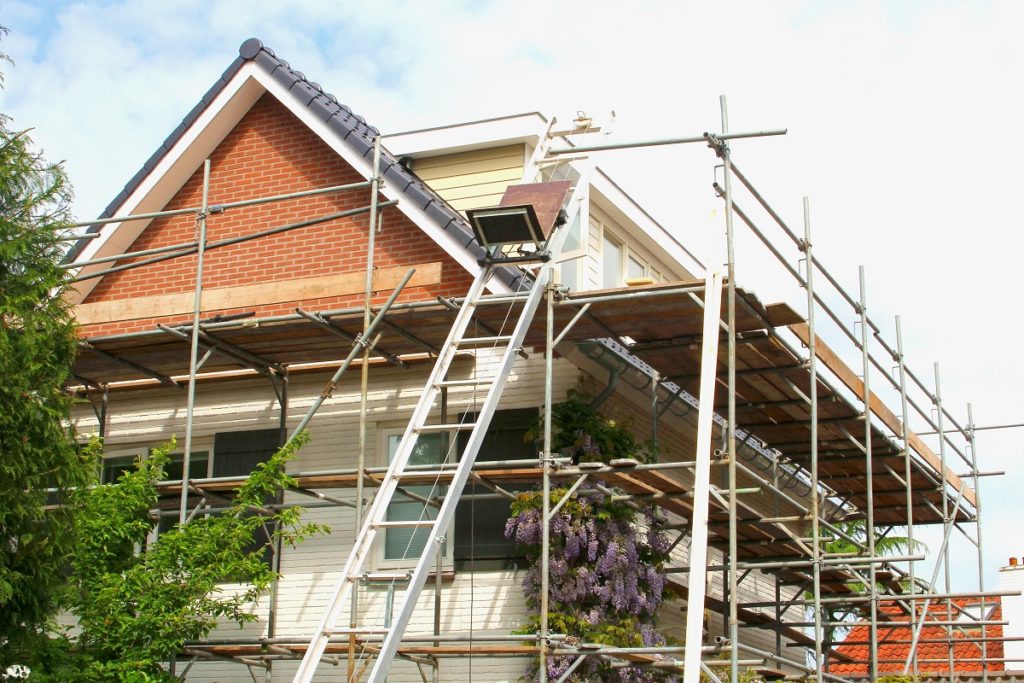Whether you’re managing your own construction project or working with a general contractor, staying on schedule is easier said than done. Maintaining a project’s pace requires great project management and time management skills. There are unforeseeable events that can cause a project’s delays, such as natural disasters, bad weather, and shortages of resources.
With all that said, it’s evident that keeping a project on schedule is not an easy task. But that doesn’t mean it’s not doable.
Here are the best ways you can keep a construction schedule on track–without losing your head in the process:
1. Create an outline or master schedule
One of the first steps in starting a construction project is creating the master schedule. This schedule contains the individual phases of the project, which can be subdivided into tasks and activities.
When creating the master schedule, the time to complete each task should be estimated accurately, but without cutting it too close. It’s also essential to make sure that during each phase, you can allot enough materials, labor, and equipment needed to finish it on time, which is why you should coordinate this schedule with other managers, subcontractors, and suppliers.
2. Communicate with your team
A commercial construction project involves many people, and so requires proper communication to ensure that everything is done correctly. If there are lapses in communication, it can result in major errors and significant delays on the schedule.
Make sure to disseminate new pieces of information to your team members as early as possible to prevent project delays. Similarly, ensure that team members’ feedback and opinions are heard whenever necessary.

3. Make contingency plans
There are too many things that can go wrong with a construction project–work accidents, natural disasters, inclement weather, defaulting subcontractors, among many others. And as is the case for so many of these instances, they cannot be avoided.
To prevent unexpected occurrences from causing delays in your project, make sure you have contingency plans for as many situations that you can think of. There’s a good chance that you won’t have to use them all, but it’s better to be ready for any risk that might come your way.
4. Monitor progress regularly
Monitoring daily progress is the best way you can tell if the project is still on schedule, and will help you make adjustments to the plan accordingly. It will also allow you to spot risks and issues before they arise or get out of hand so that you don’t have to deal with a bigger problem in the future. Keeping up with daily reports is a crucial task that shouldn’t be overlooked.
Everyone involved in a construction project is responsible for finishing the whole thing on time. However, most of that responsibility falls on the project managers, who, with these useful project management tips, can make sure that each task is kept on schedule.


